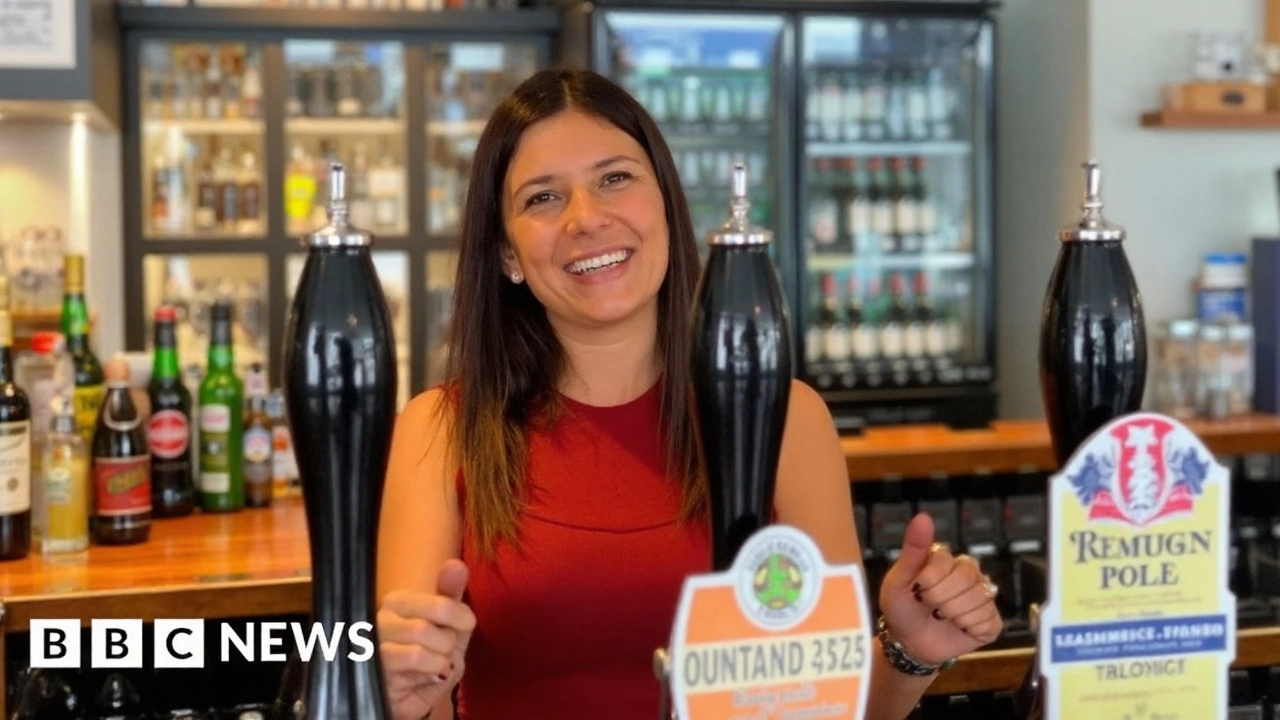UK Pub Closures: What’s Happening and How It Affects You
Ever wonder why the corner pub you love is suddenly shut? It isn’t just bad luck – there are real forces driving UK pub closures. From rent hikes to changing drinking habits, the landscape is shifting fast. In this guide we break down the main reasons, what it means for neighbourhoods, and how you can still enjoy a good pint.
Why Are Pubs Closing?
First up, cost pressure. Commercial rents have jumped in many towns, especially where big chains move in. Small, family‑run pubs can’t keep up, so they fold. Next, drinking patterns are changing. More people are opting for home delivery, craft beers at supermarkets, or simply drinking less. That cuts footfall and revenue. Finally, new regulations on smoking and licensing add extra paperwork and fees, which many owners can’t absorb.
What the Closures Mean for Communities
Pubs aren’t just places to drink; they’re social hubs where neighbours catch up, local bands play, and clubs meet. When a pub shuts its doors, you lose a meeting point and often a source of local jobs. Some villages see a dip in tourism because travelers look for authentic spots to relax. On the flip side, a closure can spark community action – groups band together to raise funds, apply for community‑run licences, or turn the space into a café or co‑working hub.
If you’re worried about losing your favourite spot, don’t just wait for it to disappear. Check local council minutes – they often list applications for licence changes or closures. Join a community Facebook group; members share news about pubs that are up for sale or looking for volunteers. You can also use apps that map open pubs in real time – they’re handy when you’re on a night out and need a backup plan.
Looking ahead, there are a few trends that could slow the shutdown wave. Craft breweries are partnering with existing pubs to offer tap‑outs, giving owners a fresh revenue stream. Some local councils are offering tax breaks for pubs that provide community services, like food banks or meeting rooms. And the rise of “pub gardens” – outdoor seating that follows pandemic guidelines – is bringing new customers back.
Bottom line: UK pub closures are driven by economics, lifestyle shifts, and regulation, but they also open doors for community‑driven solutions. Stay informed, support local initiatives, and you might help keep that beloved local spot alive for years to come.

UK pub closures surge in 2025 as costs, taxes and hybrid work squeeze the trade
Daxton Fairweather Sep 10 0UK pubs are shutting at a pace of eight a week in 2025, with more than 200 closures in six months. Operators face higher energy bills, a cut in business rates relief, rising wage and tax costs, and weaker weekday trade due to hybrid work. Restaurant insolvencies are up, and food-led venues are shrinking. Some hope remains in no/low alcohol sales and resilient city markets like Manchester.
More Detail